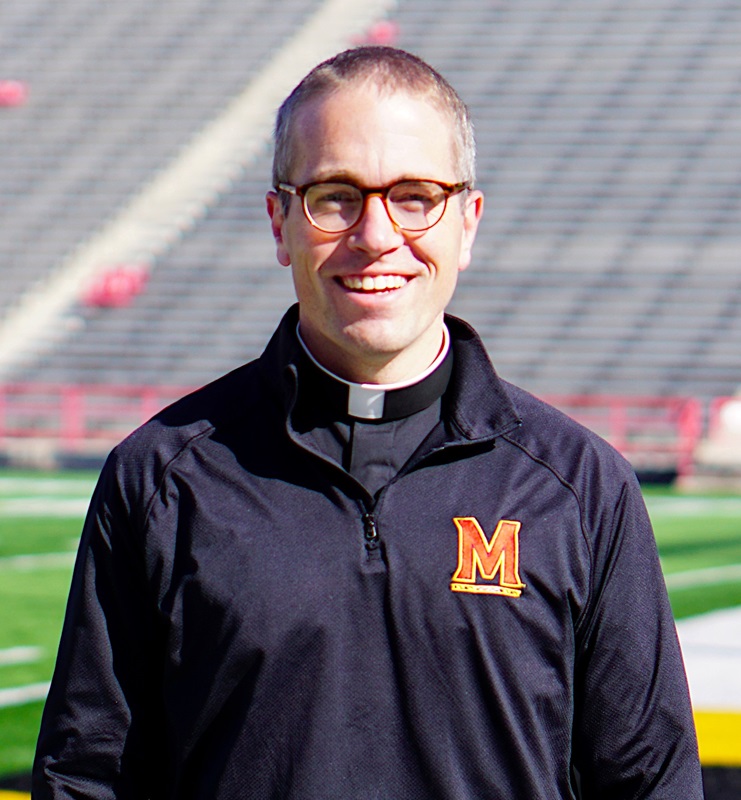Kenneth Francis reflects on deconstructing the narrative and on a more nuanced cinematic theology with Christian themes and subtle undertones on the spiritual dimensions in the subtext. He endeavors to analyze core messages in the psychology, symbolism, denotation, connotation, and metaphors in a short selection of film classics over the past 60-plus years and highlights the broader visual implications at play in semiotics in the moral universe which we inhabit infused with Existential, metaphorical timebombs. Such a universe contains love, hate, joy, jealousy, guilt, poverty, wealth, beauty, ugliness, truth, lies, justice/injustice, revenge, freedom, slavery, suffering, and much more, all in 24 frames per second.
Paperback: $14.95 | Kindle: $9.99
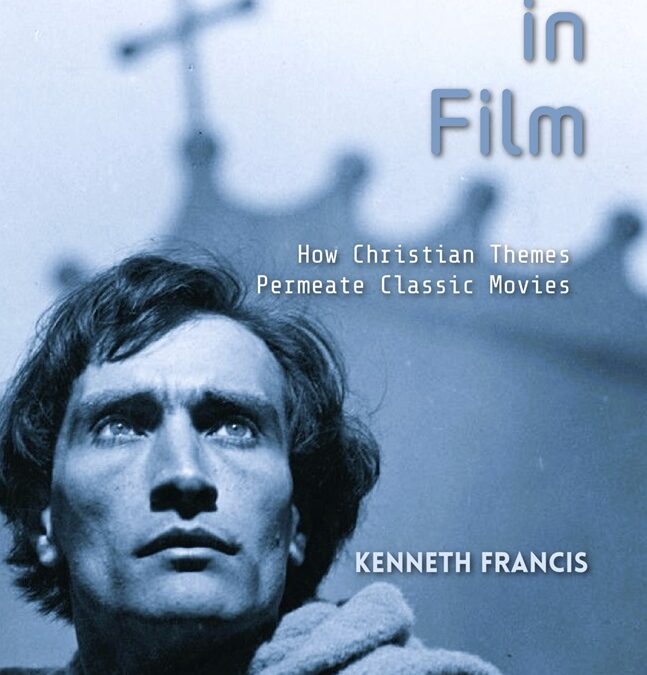
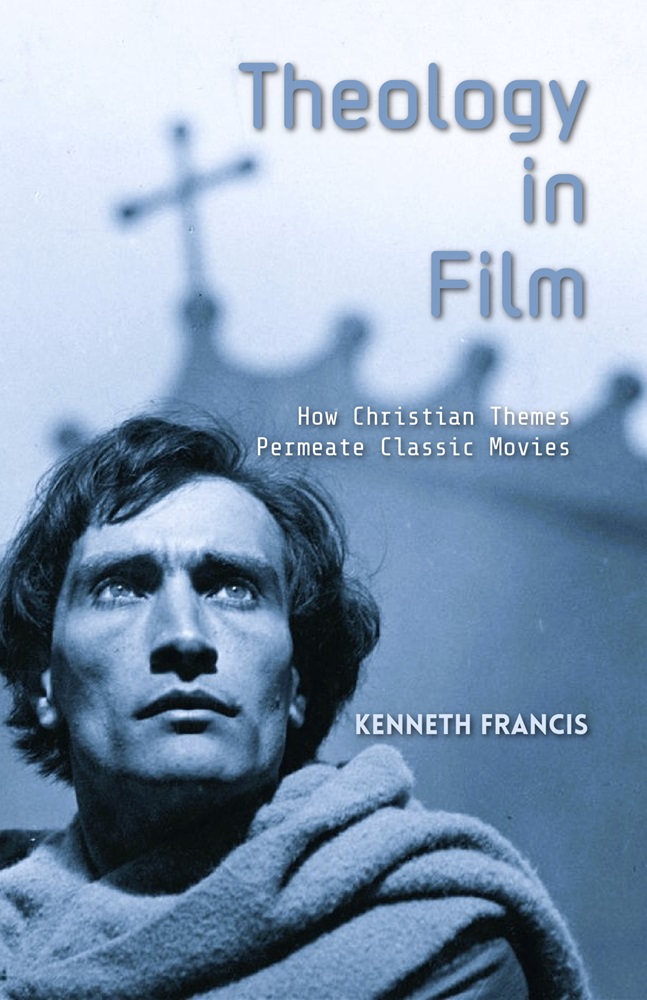
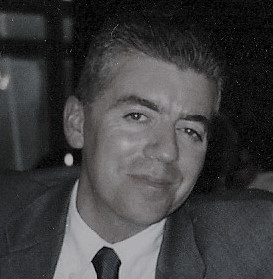 Kenneth Francis is a freelance journalist and Contributing Editor at New English Review. For the past 30 years, he has worked as an editor in various publications and print media, as well as a university professor in journalism. He also holds an MA in Theology and is the author of The Little Book of God, Mind, Cosmos and Truth (St Pauls Publishing); The Terror of Existence: From Ecclesiastes to Theatre of the Absurd (with Theodore Dalrymple); and Neither Trumpets Nor Violins (with Theodore Dalrymple and Samuel Hux).
Kenneth Francis is a freelance journalist and Contributing Editor at New English Review. For the past 30 years, he has worked as an editor in various publications and print media, as well as a university professor in journalism. He also holds an MA in Theology and is the author of The Little Book of God, Mind, Cosmos and Truth (St Pauls Publishing); The Terror of Existence: From Ecclesiastes to Theatre of the Absurd (with Theodore Dalrymple); and Neither Trumpets Nor Violins (with Theodore Dalrymple and Samuel Hux).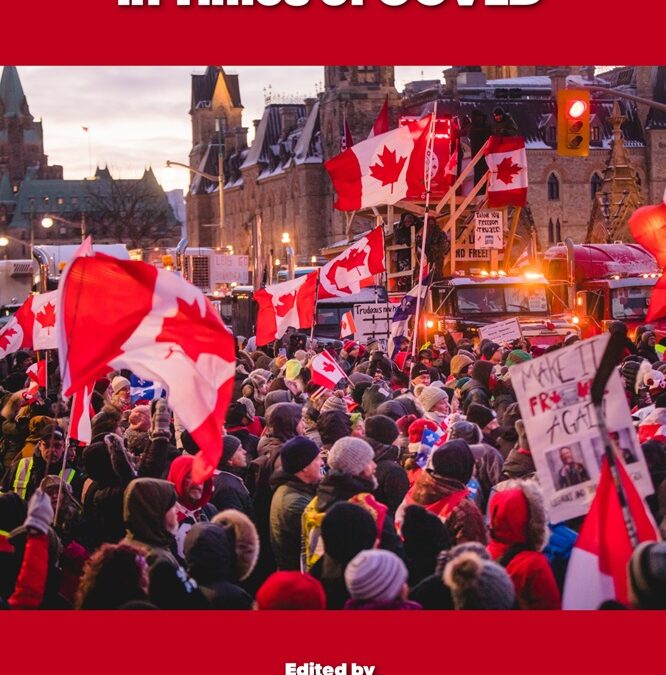
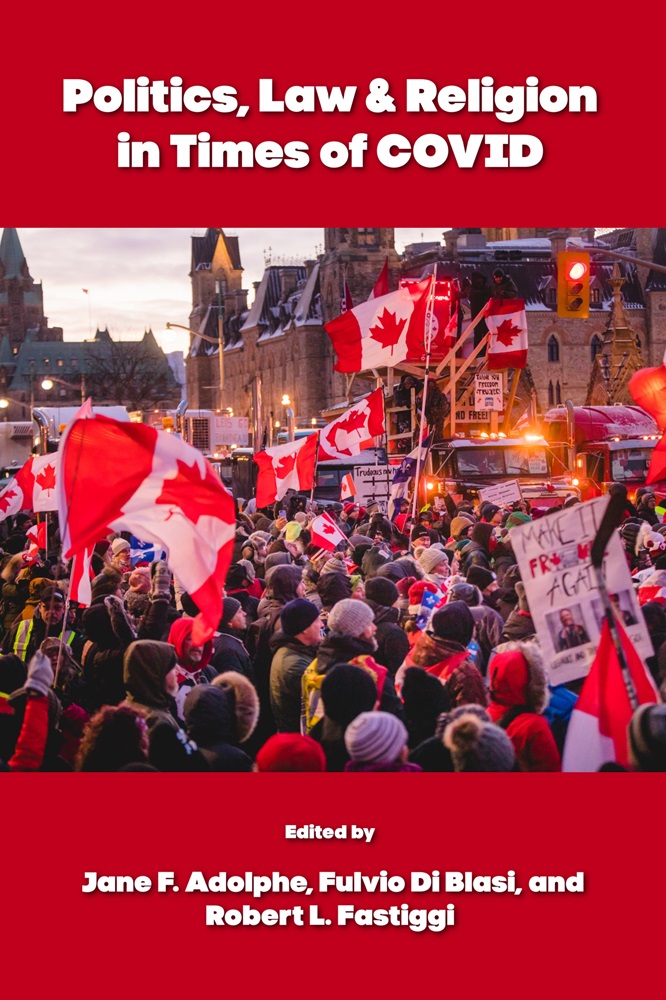
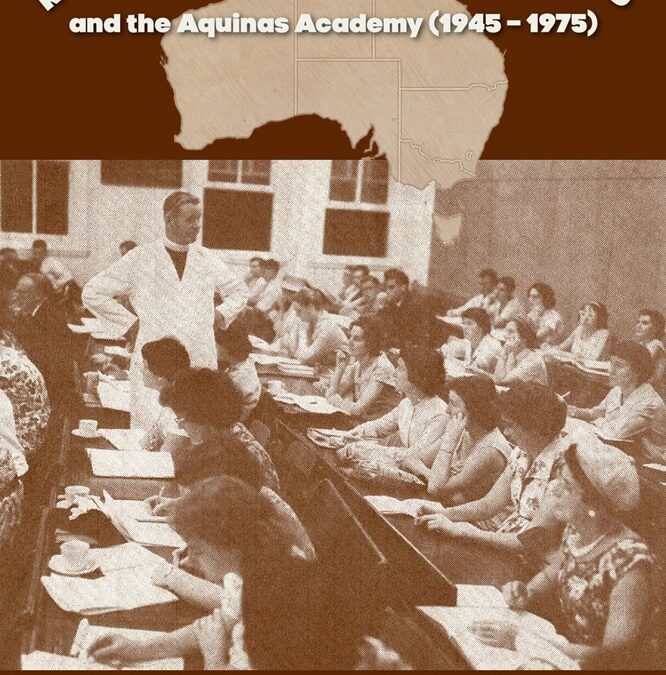
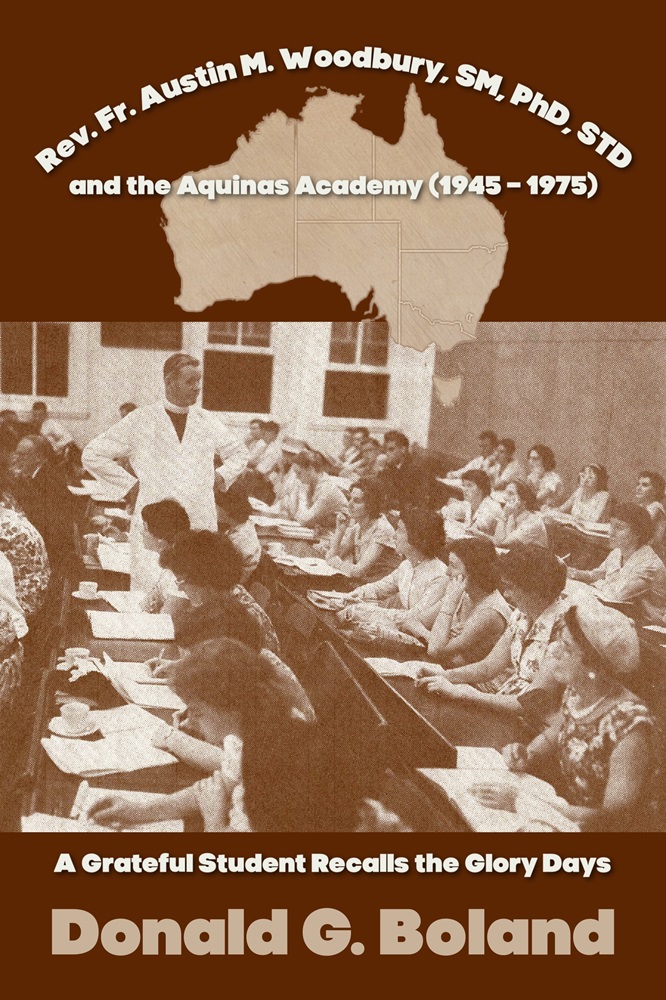
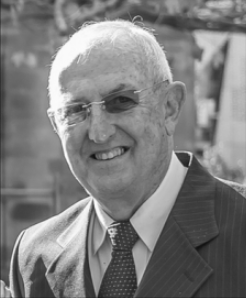
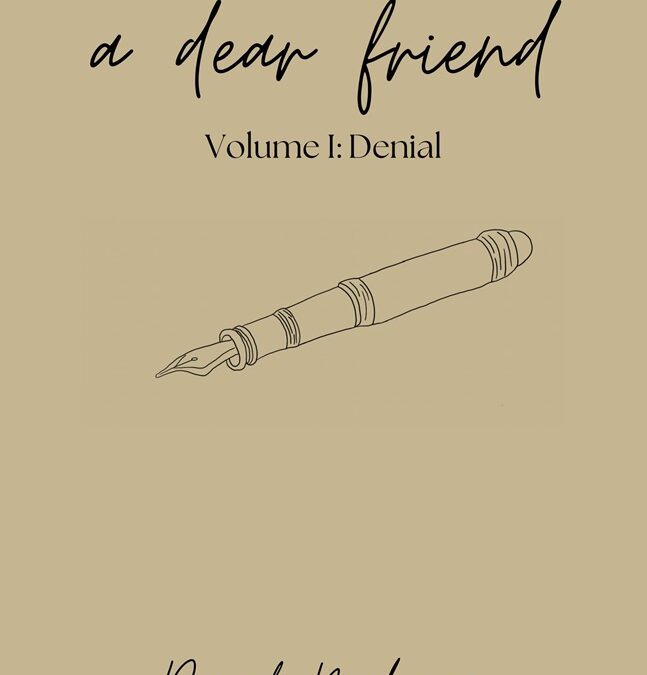
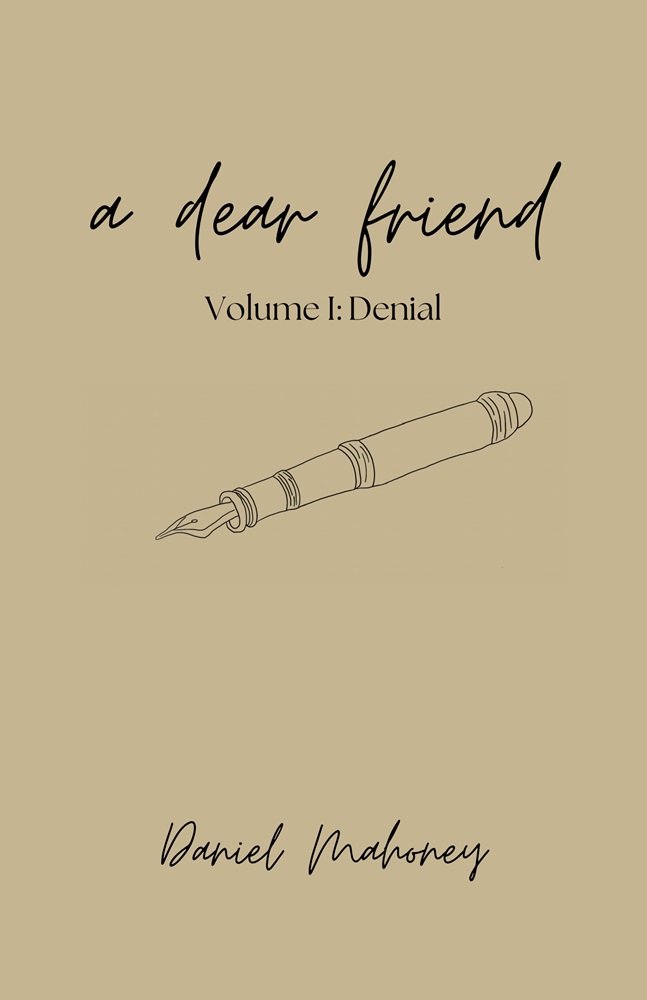
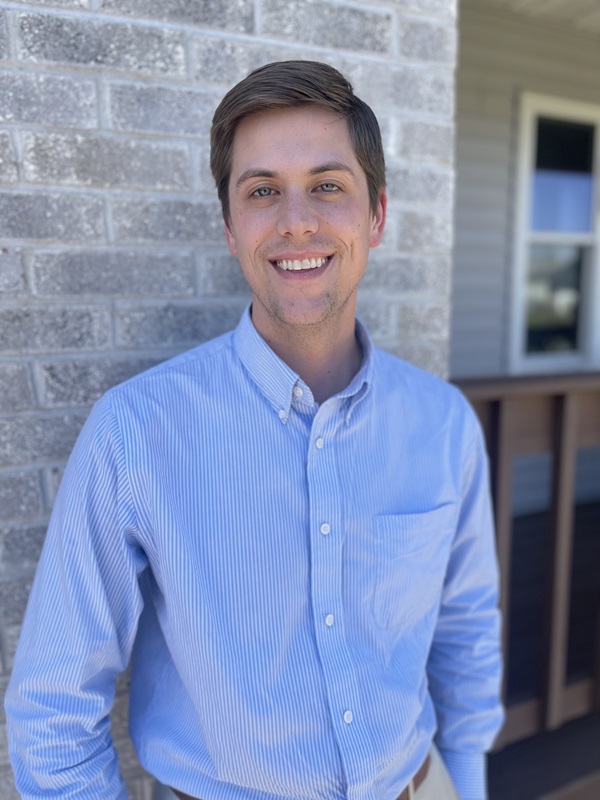 Daniel Mahoney is a husband, father, and a poet. He writes about beauty in the simplicities of life and gives voice to the experience of grief. Daniel seeks to increase the awareness of grief and calls people to encounter our Lord amidst their sorrows. He is a practicing Catholic in the Diocese of Madison where he lives with his wife and two boys.
Daniel Mahoney is a husband, father, and a poet. He writes about beauty in the simplicities of life and gives voice to the experience of grief. Daniel seeks to increase the awareness of grief and calls people to encounter our Lord amidst their sorrows. He is a practicing Catholic in the Diocese of Madison where he lives with his wife and two boys.
